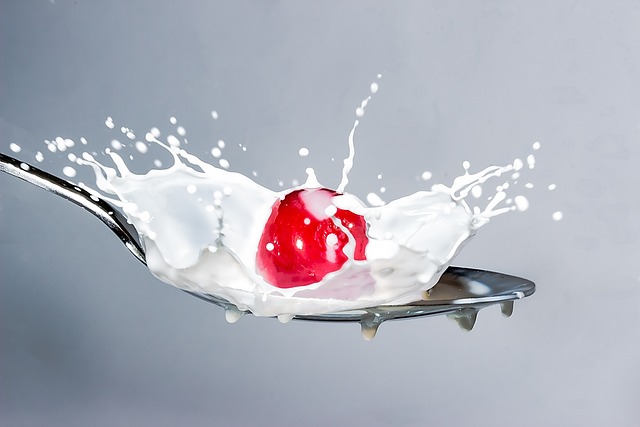From Gut to Glory: How Probiotics Can Boost Athletic Performance
Athletic performance is determined by a complex interplay of factors, including genetics, training, nutrition, and recovery. But did you know that the health of your gut microbiota – the trillions of bacteria, fungi, and other microorganisms that live in your digestive tract – can also have a significant impact on how well you perform?
Research has shown that there is a strong link between gut health and athletic performance. This is because the gut microbiota plays a crucial role in several physiological processes that are essential for optimal athletic performance, including:
- Energy production
- Inflammation and immune function
- Nutrient absorption and utilization
- Gastrointestinal transit time
One way to support your gut health and enhance your athletic performance is through the use of probiotics – live microorganisms that provide health benefits when consumed in adequate amounts. Here are just a few of the ways that probiotics can help take your athletic performance to the next level:
Improved Energy Production
Probiotics can enhance energy production in the body by improving the breakdown and utilization of nutrients, such as carbohydrates and fats, that are needed for energy. They also play a key role in the production of short-chain fatty acids, which are a major source of energy for the body.
A study published in the Journal of the International Society of Sports Nutrition found that endurance athletes who took a probiotic supplement for four weeks had significantly increased levels of fat oxidation during exercise, meaning they were able to burn more fat for fuel. This led to improved endurance performance and a decreased reliance on carbohydrate-based energy sources.
Reduced Inflammation and Enhanced Immune Function
Inflammation is a natural response to exercise, but too much inflammation can lead to muscle damage, fatigue, and increased risk of injury. Probiotics can help reduce inflammation by modulating the immune system and reducing the production of pro-inflammatory cytokines.
They can also enhance immune function by increasing the production of antibodies and other immune cells, which can help protect against infections and illness. This is particularly important for athletes, who are at increased risk of illness due to the physical and physiological stressors of training and competition.
Optimized Nutrient Absorption and Utilization
Probiotics can help optimize nutrient absorption and utilization by improving the integrity of the gut barrier and promoting the growth of beneficial bacteria in the gut. This can lead to better absorption of key micronutrients, such as iron and magnesium, that are essential for athletic performance.
A study published in the Journal of Strength and Conditioning Research found that rugby players who took a probiotic supplement for four weeks had improved gut permeability and absorption of nutrients, as well as reduced markers of inflammation and muscle damage.
Faster Gastrointestinal Transit Time
Gastrointestinal transit time – the time it takes for food to move through the digestive system – is an important factor in athletic performance, as slow transit time can lead to bloating, discomfort, and decreased nutrient absorption. Probiotics can help speed up gastrointestinal transit time by promoting the growth of beneficial gut bacteria that are involved in the breakdown and movement of food through the digestive system.
A study published in the European Journal of Applied Physiology found that cyclists who took a probiotic supplement for four weeks had significantly faster gastrointestinal transit times and reduced GI symptoms during exercise compared to a placebo group.
Choosing the Right Probiotics
Not all probiotics are created equal, and choosing the right strain and dosage is essential for reaping the benefits. When choosing a probiotic supplement, look for one that contains strains that have been shown to have specific benefits for athletes, such as Lactobacillus acidophilus, Bifidobacterium bifidum, and Streptococcus thermophilus.
It is also important to choose a supplement that has a high enough dose to be effective – generally around 10 billion to 50 billion CFUs (colony-forming units) per day. Look for a supplement that guarantees potency until the expiration date and has been tested for purity and quality.
The Bottom Line
Probiotics can have a significant impact on athletic performance by enhancing energy production, reducing inflammation, optimizing nutrient absorption and utilization, and promoting gastrointestinal health. Adding a high-quality probiotic supplement to your daily routine can help support your gut health and take your athletic performance to the next level.







